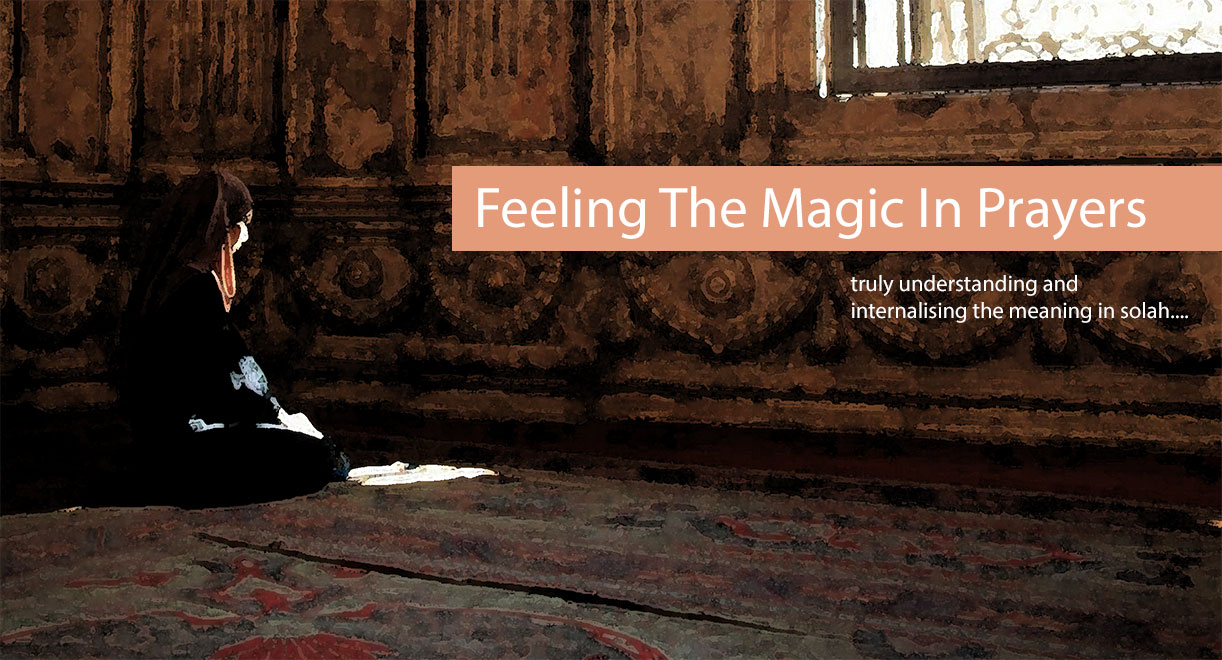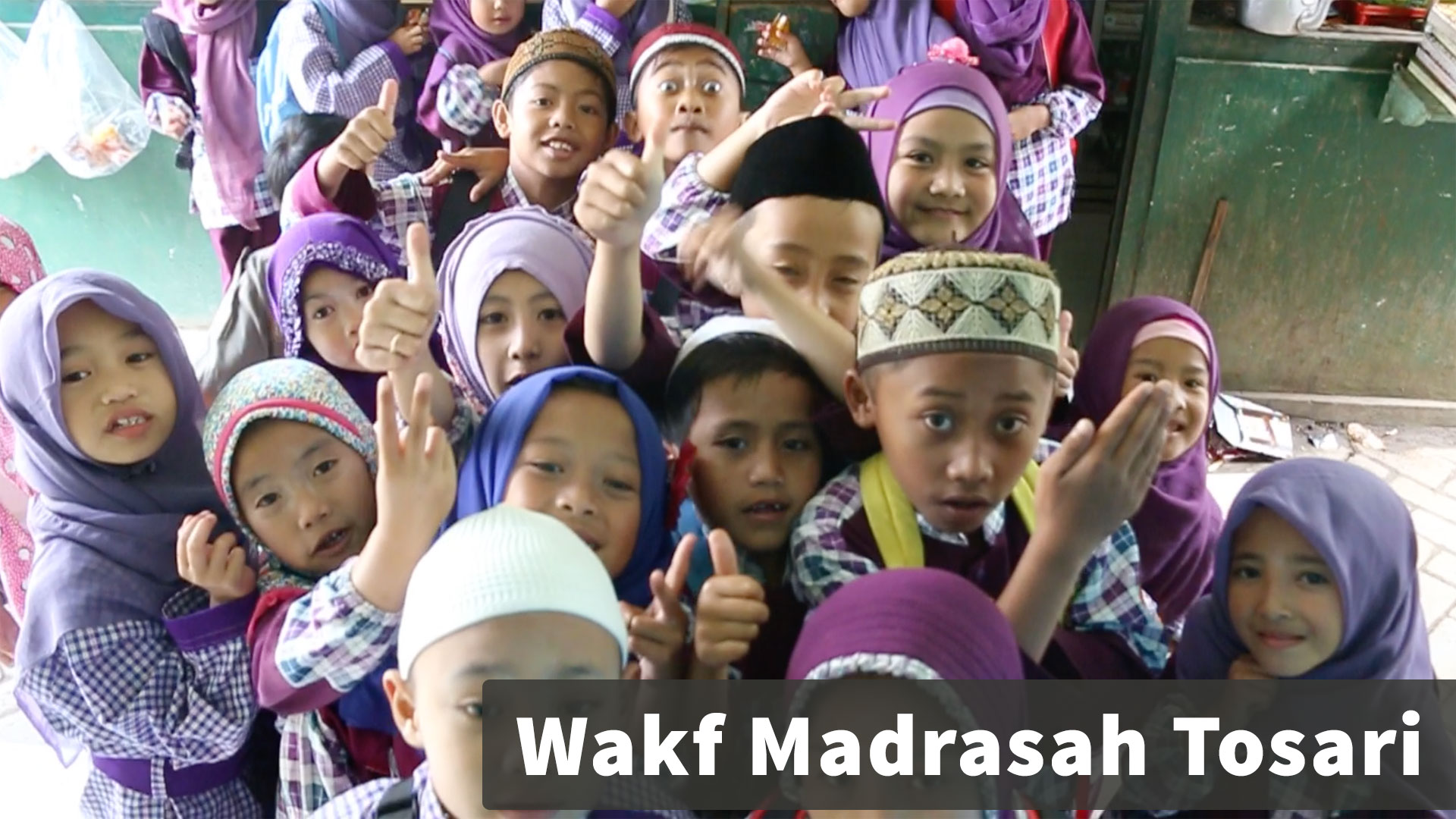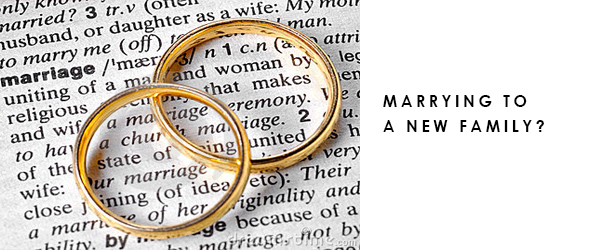As promised, another writer shares with us her role model today. If you want to read Sister Nabila Hanim’s reflection on being a wife and finding strength in Sayyidatina Khadijah RA, please click here.
“International Women’s Day is an annual celebration of women’s contributions to the world, whether in the family or out in society.
There are many women in this world, both from the past and the present, who have led inspiring lives that we should be in awe of. The history of Islam is peppered with the stories of some amazing women who, in the face of great odds, showed patience, strength and unshakeable faith in Allah.
There was Asiyah, wife of the Pharaoh and adoptive mother of Nabi Musa, who embraced the teachings of her son and worshipped Allah, saying:
“…O my Lord! Build for me, in nearness to Thee, a mansion in the Garden, and save me from Pharaoh and his doings, and save me from those that do wrong.” (Quran, 66:11)
There was Maryam, mother of Nabi ‘Isa, revered in Islam for her righteousness and virtue, and for her steadfast faith in Allah despite the fitnah and distress she endured while pregnant.
There was also Khadijah, first wife of Nabi Muhammad s.a.w., and the first person (besides the Prophet) to convert to Islam. Besides having been known to be a compassionate and benevolent woman prior to her marriage, she wholeheartedly trusted Nabi Muhammad s.a.w. and supported him through the hardships he faced during da’wah in the early stages of Islam. I’ve also read that she used the wealth she had amassed as a trader to provide the necessary financial support for her husband’s da’wah.
Many of us, both men and women, have heard about these remarkable women since childhood, and aspire towards their level of devotion and virtue. But that aspiration may seem way out of reach, because, to quote the author Gabriel Garcìa Màrquez, “memory eliminates the bad and magnifies the good”, and we only hear about their positive attributes, not their flaws.
This International Women’s Day, I’m inspired by a Muslimah as flawed as the rest of us, my aunt. She passed away on 10 Muharram 1432 (16 December 2010) after living with cancer for four years, and in the three months since her passing, I’ve been reflecting on her life and how she lived it.
She had always been a kind, compassionate and selfless person. I lived with her and my grandmother throughout the week because both my parents worked, which meant that I only stayed with them on the weekend. Even after I began living in my own home permanently, under the care of a domestic helper, she thought of me as her daughter. Once, when I was five years old, I telephoned her saying I was sick, and she rushed from her home in Bukit Batok to my house in Thompson to medicate me, feed me and sponge down my fever. This was way before public transport became as extensive and efficient as it is today.
After her passing, we were visited by her neighbours, many of them close friends of hers, who told us how my aunt, who was a maestro in the kitchen, would cook and deliver meals to them when they were unwell, babysit their children when they had to attend to emergencies, or help them buy ingredients on her trips to the market.
We remained close as we got older, and were so close these past few years that I entrusted her with secrets that, to this day, no one else knows about. I appreciate that it must have been difficult not to violate the amanah between us, given that within my super close-knit family, secrets very rarely remain secrets for long.
My aunt chose not to tell anyone except close family members about her diagnosis, and, upon hearing of her death, many relatives and friends were stunned. She never acted like a patient, never complained about being tired or in pain, or let her illness affect her daily routines and activities. After convincing her to let me accompany her to a check-up once, I remember after every piece of news, good or bad, the oncologist conveyed to her, she said Alhamdhulillah. What stuck in my head the most was when she said, “Doctor, I will continue your treatments, but I believe only God has the power to heal me.”
I miss her, but feel no negativity towards her departure from this world. I’m grateful because Allah granted her the opportunity to perform her Hajj, to khatm the Qur’an several times over, and to get all her ibadah in order before her passing.
My aunt had her flaws, and, after 24 years of being her niece, I knew them well. But I also saw and am inspired by how she strived hard to live her life as a good Muslim, and I aspire to emulate her behaviour.









